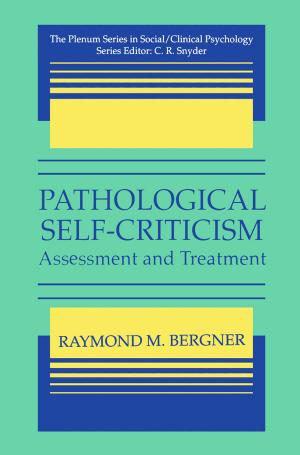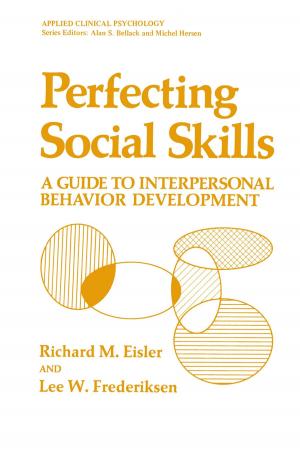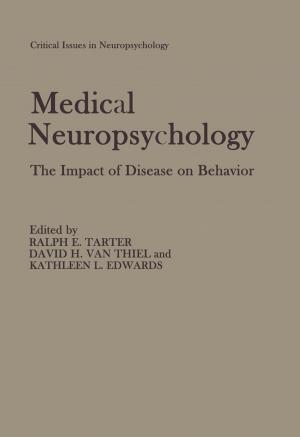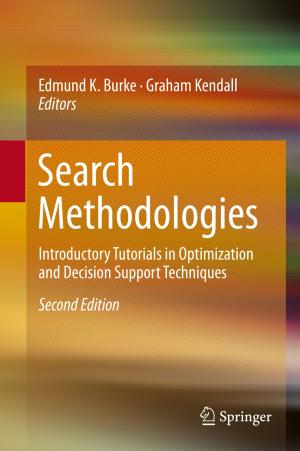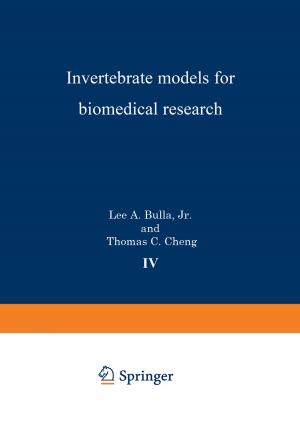Osteoimmunology
Interactions of the Immune and skeletal systems II
Nonfiction, Health & Well Being, Medical, Medical Science, Immunology, Science & Nature, Science, Biological Sciences, Microbiology| Author: | ISBN: | 9781441910509 | |
| Publisher: | Springer US | Publication: | December 1, 2009 |
| Imprint: | Springer | Language: | English |
| Author: | |
| ISBN: | 9781441910509 |
| Publisher: | Springer US |
| Publication: | December 1, 2009 |
| Imprint: | Springer |
| Language: | English |
It has only recently been appreciated that the immune and skeletal systems have major interactions. It is now well documented that osteoclasts, which are important cellular mediators of skeletal homeostasis, are derived from hematopoietic precursors that also give rise to immune cells. In addition, numerous cytokines that were first shown to regulate immune cell function have also been demonstrated to regulate bone cells and influence skeletal health. Conversely, products of bone cells appear critical for the engraftment of marrow in bone, the normal development of the hematopoietic and immune systems and provide niche for long-term memory B and T cells.
In the past scientists involved in immune and bone cell investigations have rarely interacted in a significant way as these disciplines have developed independently and, for the most part, remain separate. The conference will bring together leading international scientists from both fields to interact so that new collaboration can develop and more rapid progress in understanding the relationships between these fields can be achieved. Short talks will be selected from abstracts from the international community. This conference will have a format to provide an environment of maximum interaction and interchange through lectures, posters, and open discussion.
It has only recently been appreciated that the immune and skeletal systems have major interactions. It is now well documented that osteoclasts, which are important cellular mediators of skeletal homeostasis, are derived from hematopoietic precursors that also give rise to immune cells. In addition, numerous cytokines that were first shown to regulate immune cell function have also been demonstrated to regulate bone cells and influence skeletal health. Conversely, products of bone cells appear critical for the engraftment of marrow in bone, the normal development of the hematopoietic and immune systems and provide niche for long-term memory B and T cells.
In the past scientists involved in immune and bone cell investigations have rarely interacted in a significant way as these disciplines have developed independently and, for the most part, remain separate. The conference will bring together leading international scientists from both fields to interact so that new collaboration can develop and more rapid progress in understanding the relationships between these fields can be achieved. Short talks will be selected from abstracts from the international community. This conference will have a format to provide an environment of maximum interaction and interchange through lectures, posters, and open discussion.








